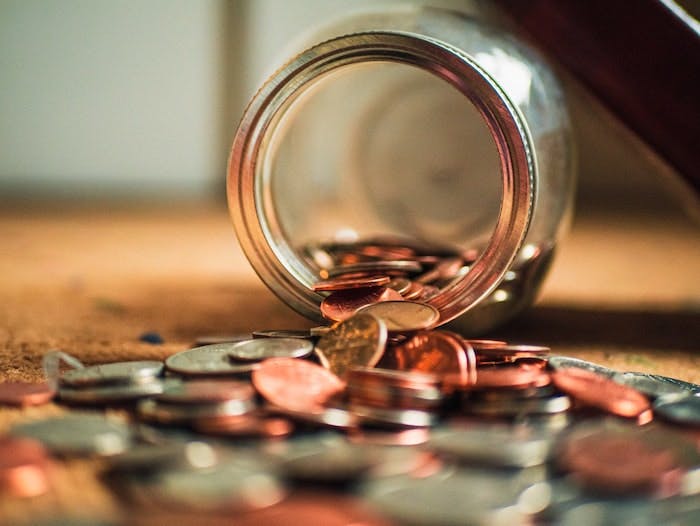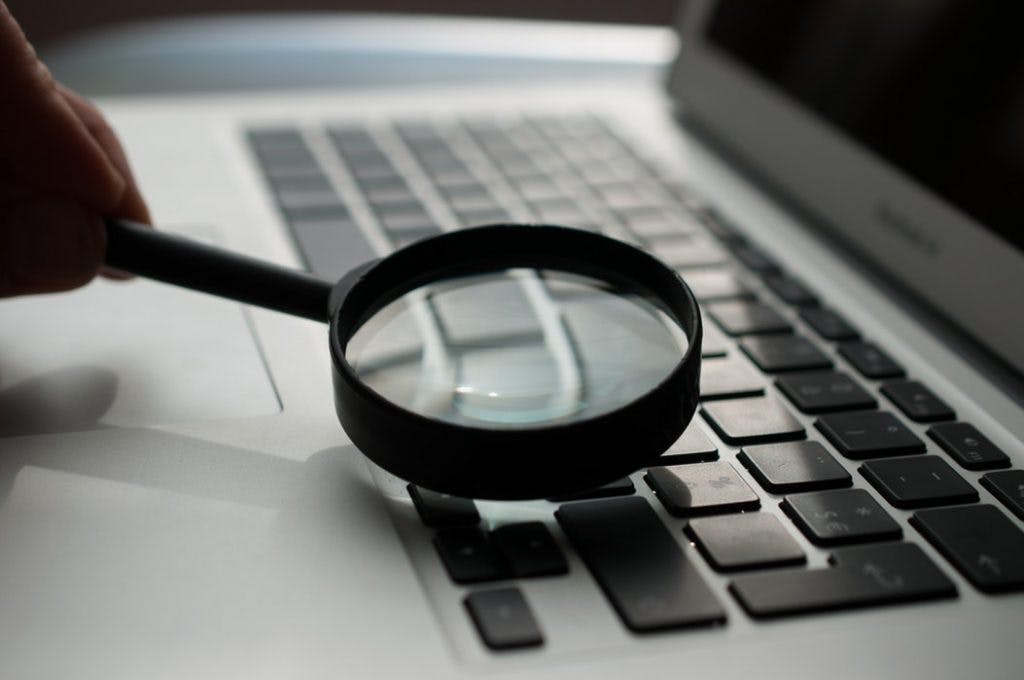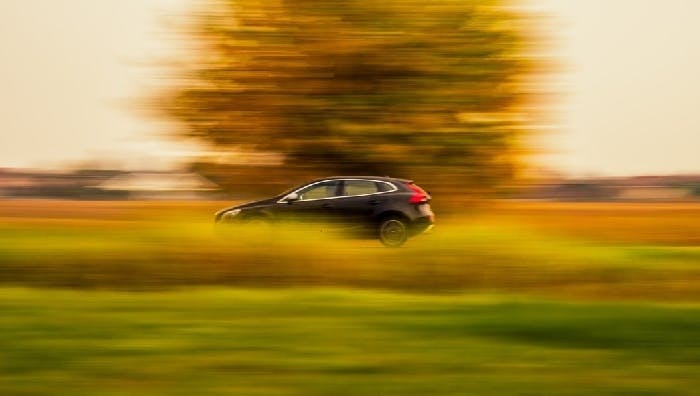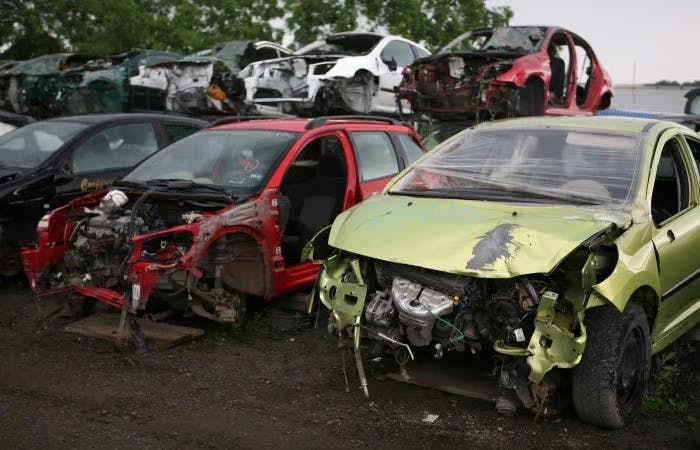
If the cost of learning to drive wasn't hefty enough, newly qualified drivers have an assortment of additional expenses to fork out for when taking to the roads alone. For starters, a car—whether brand new or used—will set you back a few bob or so. Then, you've got to make sure you've got the right insurance cover for it. If that wasn't enough to have your eyes watering, you've also got to pay vehicle tax. Unfortunately, vehicle tax can be quite the landmine, varying depending on when your car was registered, its engine size and its CO2 emissions!
Fortunately, we've put together a guide to the ins and outs of vehicle tax. We'll walk you through exactly how this is calculated, how it's monitored and how you would go about taxing your car for the first time. Keep on reading for the full lowdown!
What is vehicle tax?
Vehicle tax—or Vehicle Excise Duty (VED)—is a tax for people who park and drive their vehicles on public roads. Interestingly, despite the fact that it also goes by “road tax”, the money raised does not go solely towards the upkeep of the roads. Instead, the funds are spent on a variety of areas, ranging from education to healthcare to housing.
It is compulsory for almost all vehicles on the road to pay for vehicle tax. In some cases, however, you'll find that you're exempt from paying vehicle tax. It's important to note here that even if you are exempt from paying, you still have to apply for vehicle tax and provide the right evidence to support your exemption.
How do I become exempt from having to pay vehicle tax?
Disability exemption
You can apply for an exemption from paying vehicle tax if you receive one of the following:
- Higher mobility component of Disability Living Allowance (DLA)
- Enhanced rate mobility component of Personal Independence Payment (PIP)
- War Pensioners' Mobility Supplement
- Armed Forces Independence Payment
Please note that the vehicle must be registered in the name of the disabled person in question.
Disabled passenger vehicle exemption
If your vehicle (not including ambulances) is being used by an organisation to provide transport for disabled people, you can claim exemption.
Historic vehicle exemption
If you own a vehicle that was built before 1 January 1979, you can apply to stop paying for your vehicle tax. Not entirely sure when it was built? As long as it was first registered before 8 January 1979, you'll still be able to apply.
Electric vehicle exemption
If you own an electric vehicle—powered by an external source or an electric storage battery not connected to a source of power when moving—you can apply for a vehicle tax exemption. If your electric vehicle has a list price over £40,000 and was registered after March 2017, however, you'll still have to pay an extra tax.
Mowing machine exemption
In case you were worried, you can get an exemption for your mowing machine—as long as it is only designed to cut grass. This does not include tractors that can be used to tow gang mowers.
Steam vehicle exemption
Though we find it unlikely that many people are still going around with steam-powered vehicles, if you have decided to enjoy that particular mode of transportation, you'll be pleased to hear that you can get a tax exemption.
Agricultural, horticultural and forestry vehicle exemption
A particularly broad category, this includes, as stipulated by the DVLA, “tractors, agricultural engines and light agricultural vehicles used off-road,'' not to mention “'limited use' vehicles used for short journeys between land that's occupied by the same person”.
How is my vehicle tax calculated?

It all ultimately comes down to when your car was first registered. It's important to note here, that the registration date of your vehicle is when it was first registered to a vehicle keeper. As such, it might not necessarily be when you first bought the car.
1. Vehicles first registered before 1 March 2001
Vehicles that fall into this particular category will have their tax rate determined by the size of their engine.
Engine sizeSingle 12 month payment (including Direct Debit)Total of 12 monthly instaments by Direct DebitSingle 6 month paymentSingle 6 month payment by Direct DebitLess than 1549cc£160£168£88£84More than 1549cc£265£278.25£145.75£139.13
2. Vehicles first registered between March 1 2001 and 31 March 2017
Vehicles that fall into this category will have their tax rate determined by their fuel type and CO2 emissions. You'll find this particular information in your vehicle registration certificate or online.
Petrol (TC48) and Diesel (TC49) CarsBandCO2 emission (g/km)Single 12 month payment (including Direct Debit)Total of 12 monthly instalments by Direct DebitSingle 6 month paymentSingle 6 month payment by Direct DebitAUp to 100£0£0N/AN/AB101-110£20£21N/AN/AC111-120£30£31.50N/AN/AD121-130£125£131.25£68.75£65.63E131-140£145£152.25£79.75£76.13F141-150£160£168£88£84G151-165£200£210£110£105H166-175£235£246.75£129.25£123.38I176-185£260£273£143£136.50J186-200£300£315£165£157.50K*201-225£325£341.25£178.75£170.63L226-255£555£582.75£305.25£291.38MOver 255£570£598.50£313.50£299.25
Alternative Fuel (TC59) CarsBandCO2 emission (g/km)Single 12 month payment (including Direct Debit)Total of 12 monthly instalments by Direct DebitSingle 6 month paymentSingle 6 month payment by Direct DebitAUp to 100 £0N/A N/A N/A B101-110£10£10.50 N/A N/A C111-120£20£21 N/A N/A D121-130£115 £120.75 £63.25£60.38 E131-140£135£141.75 £74.25£70.88 F141-150 £150 £157.50 £82.50 £78.75G151-165£190 £199.50 £104.50£99.75 H166-175£225 £236.25 £123.75 £118.13 I176-185£250 £262.50 £137.50£131.25 J186-200£290 £304.50 £159.50 £152.25K*201-225£315 £330.75 £173.25 £165.38L226-255£545 £572.25 £299.75 £286.13MOver 255£560£588£308 £294
*Includes cars that have a CO2 figure over 225g/km but were registered before 23 March 2006
3. Vehicles first registered from 1 April 2017
If you own a vehicle that falls within this category, you will have to pay a first year rate that's based on your vehicle's CO2 emissions. If you own a diesel car that doesn't meet the Real Driving Emissions 2 (RDE2) standard for nitrogen oxide emissions, you'll have to pay a higher rate.
First Tax Payment When Registering VehicleCO2 emissions (g/km)Diesel cars that meet the RDE2 standard and petrol carsAll other diesel carsAlternative fuel cars0£0£0£01-50£10£25£051-75£25£110£1576-90£110£130£10091-100£130£150£120101-110£150£170£140111-130£170£210£160131-150£210£530£200151-170£530£855£520171-190£855£1,280£845191-225£1,280£1,815£1,270226-255£1,815£2,135£1,805Over 255£2,135£2,135£2,125
Once you've paid this first time rate, you'll have to pay a fixed second tax payment from then on.
Fuel typreSingle 12 month payment (including Direct Debit)Total of 12 monthly payments by Direct DebitSingle 6 month paymentSingle 6 month payment by Direct DebitPetrol or diesel£145£152.25£79.75£76.13Electric£0N/A£0N/AAlternative£135£141.75£74.25£70.88
If you own a vehicle that has a list price of more than £40,000, you'll have to pay an additional £320 a year. Please note, you'll only have to pay this rate for 5 years.
Fuel typreSingle 12 month payment (including Direct Debit)Total of 12 monthly payments by Direct DebitSingle 6 month paymentSingle 6 month payment by Direct DebitPetrol or diesel£465£488.25£255.75£244.13Electric£320£336£176£168Alternative£455£477.75£250.25£238.88
How is it monitored?
In the past, drivers were made to display a paper tax disc in their windscreen to prove that their vehicle was taxed. Of course, this meant that the DVLA and the police would have to manually check each tax disc one by one—a pretty time consuming task. In a move to increase efficiency and ensure vehicle tax is properly enforced, the DVLA got rid of tax discs in October 2014 and switched to an entirely electronic database—recording all taxed and untaxed vehicles.
The police use Automatic Number Plate Recognition (ANPR) cameras in conjunction with the DVLA's electronic database. This means that they can easily detect vehicles that are recorded as untaxed in the DVLA's database. It's the exact same method that the police use to catch speeding offenders and the like.
When do I have to pay it?
You need to sort out vehicle tax as soon as you buy your car. It unfortunately doesn't matter if the previous driver has already paid for the entire year—tax does not roll over onto the next owner. If you're buying a car at a dealership, they'll usually help you sort out vehicle tax then and there. If not, it's easy enough to sort out yourself (as we'll show in the next section).
You can opt to pay your tax for 6 or 12 months. Once you've done so, you'll be given a reminder of when it's due to expire at the end of that particular month.
How do I tax my vehicle?

It couldn't be any easier to start taxing your vehicle. To get things moving, you first need to find your vehicle reference number. You can get this from a recent reminder or last chance warning from the DVLA (otherwise known as a V11), your vehicle log book or a new keeper slip if you've only just bought the car. Once you have your reference number, you can sort out your tax online. You can choose to pay for your vehicle tax by credit or debit card, or Direct Debit.
If you'd prefer, you can pay for your vehicle tax over the phone—unless you wish to pay by Direct Debit, which cannot be done over the phone. To get in touch with the vehicle tax service, simply call 0300 123 4321.
Alternatively, you can head on over to a Post Office that handles vehicle tax. Not sure if your local branch does? Use the Post Office branch finder to find out. To pay for your tax at your Post Office, you will need the payment for your vehicle tax or your bank account details to sort out a Direct Debit. You will also need to bring your vehicle log book or new keeper slip, to provide your reference number.
If you can't find your reference number or any of the relevant documents highlighted above, then you will need to apply for a new log book. Not sure if your car is taxed? Just head on over to the DVLA's tax checker and fill out the necessary details to find out.
What if I don't use my car that often?
If you're someone who only occasionally uses their vehicle, you might find the cost of insurance, fuel and vehicle tax to be far too expensive. Unfortunately, there's no way of getting a discount from vehicle tax—unless you're exempt from paying it altogether. If you find yourself struggling to cover the cost, then you might want to consider a different avenue.
A car share situation might help you to cover the cost, e.g., if you and a friend share your car, you can split the cost of vehicle tax. Alternatively, you could take a short break from driving. If you apply for a Statutory Off Road Notification (SORN), you can stop paying vehicle tax and insurance. Please note, however, that once your vehicle is declared off road, you won't be able to start driving it again until you start taxing it. Additionally, you will need to keep your vehicle on a driveway, in a garage or on private land.
How do I cancel my vehicle tax?

If you're looking to cancel your vehicle tax, the DVLA will only do so under certain circumstances—which we'll outline below. If you are successful, the DVLA will cancel your tax and send you a full refund for any full months of remaining tax.
Circumstances in which you can cancel your vehicle tax
- Your vehicle has been sold or transferred to someone else
- You have applied for a Statutory Off Road Notification (SORN)
- Your vehicle has been written off by your insurance provider
- Your vehicle has been scrapped at a vehicle scrapyard
- If your vehicle has been stolen
- Your vehicle has been exported out of the UK
- You have now been registered as exempt from vehicle tax
Once you have informed the DVLA of your situation, they will cancel your vehicle tax—and your Direct Debit, if this is how you pay. You will then receive a refund cheque for any full months left on your vehicle tax.
Before you inform the DVLA, you will want to make sure the name and address in your vehicle log book are correct, as these are the details the DVLA will use when sending you your refund cheque. If your details are incorrect, you will need to update your log book.
Please note that you will not receive a refund for credit card fees, the 5% surcharge on certain Direct Debit payments or the 10% surcharge on single 6 month payments.
If you haven't received your refund cheque after around 6 months, you should get in touch with the DVLA. Similarly, if your refund cheque is addressed to the wrong name, you should send it back to the DVLA with your correct details:
Refund Section
DVLA
Swansea
SA99 1AL
FAQs
1. Do I really need to tax my vehicle?
Yes! You cannot get away with not taxing your vehicle—it will eventually catch up with you. With today's technology, it's only a matter of time before you're pulled over by the police for not taxing your vehicle. If you're caught, you could end up with a hefty fine, points on your licence or even disqualification from driving altogether.
2. Is it ever OK to drive an untaxed vehicle?
The only real exception to driving an untaxed vehicle is if you're driving it to a pre-booked MOT. Please note, the MOT has to be pre-booked to prove that you're actually going to an MOT test, as opposed to just driving around and making up the excuse of heading for an MOT.
3. What happens to my vehicle tax if I sell my vehicle?
Seeing as tax doesn't roll over onto the vehicle's next keeper, it actually ends up going back to you. You'll receive a full refund for any full months of remaining tax. This also happens when you declare your car as off road.
4. How do I find out which tax band my vehicle is in?
It couldn't be any easier! All you've got to do is use the DVLA's very own vehicle tax rate checker. To use it, you will need to know when your car was first registered. Alternatively, if you have your reference number to hand, you can use the DVLA's vehicle information service.
5. If I buy a car from a dealership, will they sort out my vehicle tax?
In most cases, the dealership will help you sort out your vehicle tax over the phone or online before you even leave their lot with your new car. Of course, if they don't, it's an easy enough process to go through by yourself.
6. How do I know if my vehicle is taxed?
You can check to see if your vehicle tax is up-to-date or has been registered as off road by using the DVLA's very own vehicle tax tool. Please be aware that it can take up to 5 working days for records to update.
Subscribe for driving advice, offers & more
We'd love to let you know about our courses, news and offers via email. You may unsubscribe at any time.
Star Genie Limited trading as PassMeFast. Company number 10093359
Copyright © 2024 owned by Star Genie Limited
PassMeFast, Blue Tower, MediaCityUK, Salford, M50 2ST

